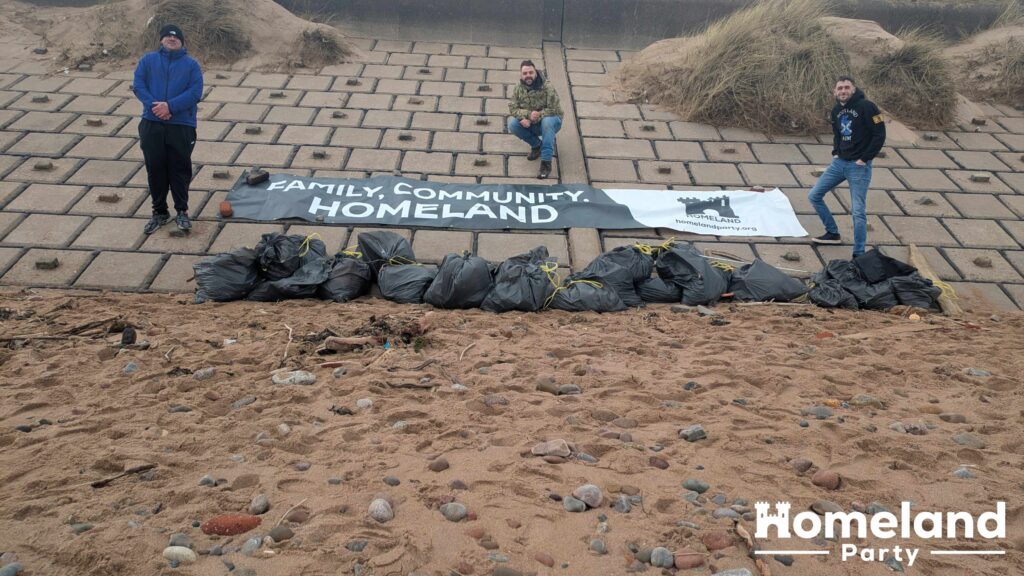Language is a system used by a nation, people, or other distinct community to communicate information, thoughts, and feelings. In other words, it is essential to any functional society and human existence.
It shouldn’t be too challenging to imagine the problems arising when a society doesn’t share a common language. On the more trivial side of the spectrum, forms would need to be available in all the administrative languages of the country, incurring high costs to employ professional translators and interpreters.
Moving down to the more consequential portion of the spectrum, we encounter issues such as distrust and division between cultural groups, educational challenges, trade and economic development barriers, and a decline in public services.
Finally, at the catastrophic, rock-bottom end of the spectrum, we end up with patients dying because their carers don’t understand the difference between “breathing” and “bleeding” and “alive” and “alert.”
If the above example sounds rather specific, that’s because we’re simply relaying the reason why Barbara Rymell, 91, passed away in August 2022 at Ashley House Residential Home in Langport.
An inquest into her death found that Mrs Rymell had become trapped by a mechanical stair lift after a fall, with staff being unable to free her. Upon calling 999, her two carers – one Romanian and one Indian – could not explain the nature of the emergency to the emergency services.
Senior Coroner for Somerset, Samantha Marsh, explained in her report: “Care staff were unable to free her because of the positioning and angle at which she was entrapped within the mechanics”.
“The correct pathway that should have been selected was ‘entrapment’, but at no time during the call did the carer give any information that would have indicated that this was the presenting problem”.
“The carer repeatedly used the word ‘blocked’, which added no assistance, clarity of explanation of the events that were unfolding”.
“They did not understand the difference between ‘bleeding’ and ‘breathing’. This made any meaningful triage of Barbara’s condition virtually impossible. [The carers were also unable to] understand the difference between ‘alert’ and ‘alive’, which presented all of the same problems as referred above”.
When paramedics arrived, it was clear that Barbara was beyond medical help and was pronounced deceased at the scene. The inquest concluded Mrs Rymell had died from a combination of her dementia, frailty and ‘mechanical obstruction of respiration’.
It would take either a very brave person or a foolish one even to attempt to deny that multiculturalism has played a heavy role in the loss of this innocent life. To be clear, we are not blaming the two carers for Mrs Rymell’s death. It is quite possible that both were caring and conscientious workers who likely did everything they could to help their patients, given the complex and stressful circumstances.
The problem is, however, that no amount of compassion and diligence will compensate for the lack of communication skills in this profession. And, when people’s safety and well-being hinge on said profession, it can all too easily end in tragedy.
So, we don’t blame the carers; we blame the Government, whose policies have allowed unqualified people into the ranks of our health and care sector, who have no realistic hope of being able to carry out their duty of care.
We assume that the politicians and their liberal lackeys are satisfied with the social and cultural discord they have created after decades of championing multiculturalism in Britain. Considering their utter contempt for our people and their unhinged state of mind, we can’t put it past them to be secretly smug when they hear of these kinds of stories.
It should be noted that health and social care work visas have driven a considerable part of the recent surge in immigration, so we can expect events like this to become commonplace in the future. Will they still be smug when it inevitably ends up being one of their family members who pays the ultimate price?
Homeland Party would stop importing foreign nationals into our workforce. We believe that our elderly, who have spent their life contributing to our country, deserve better and should be in the care of staff with whom they can hold a basic conversation.


